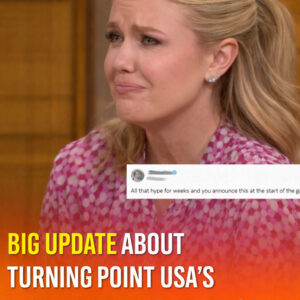I noticed an extension cord snaking out from my neighbor Ron’s garage and plugged into the outlet behind my house. When I confronted him, he just chuckled and said it cost me “barely a few pennies.” Irritated, I bought a locking cover for the socket.
The next morning, there was a note in my mailbox: “You’re colder than your electricity, mate.” My first reaction was anger—but underneath it was an unexpected sting of guilt. Ron had lived beside me for years. We used to chat in the yard, share barbecues, trade tools. Then his wife passed, and he faded into himself, spending most of his time hidden away in his garage. I had tried to check in, but he always kept me at arm’s length.
So when I saw the cord, I reacted without thinking. The note, though, lingered in my mind.
That night, I realized his garage was completely dark—no soft glow from a lamp, no radio murmuring in the background. Something felt wrong. I walked over and knocked. No answer. I peered through the small window and saw him lying on the floor.
He was barely conscious. I called an ambulance immediately. It turned out Ron’s power had been shut off, his fridge had died, and his diabetes had spiraled out of control. That extension cord was his only lifeline, and he hadn’t asked for help because he didn’t want to be a burden. The paramedics told me he might not have made it if I hadn’t checked on him.
After he came home from the hospital, I apologized. From there, we slowly rebuilt our friendship. The neighbors rallied around him, and Ron gradually came back to life—repairing bikes, fixing tools, helping people again.
One day, he surprised me with a handmade bench. Attached to it was a small plaque that read: “The Cord Between Us.”
And he was right. It was never just about electricity. It was about the connection we’d nearly lost.


